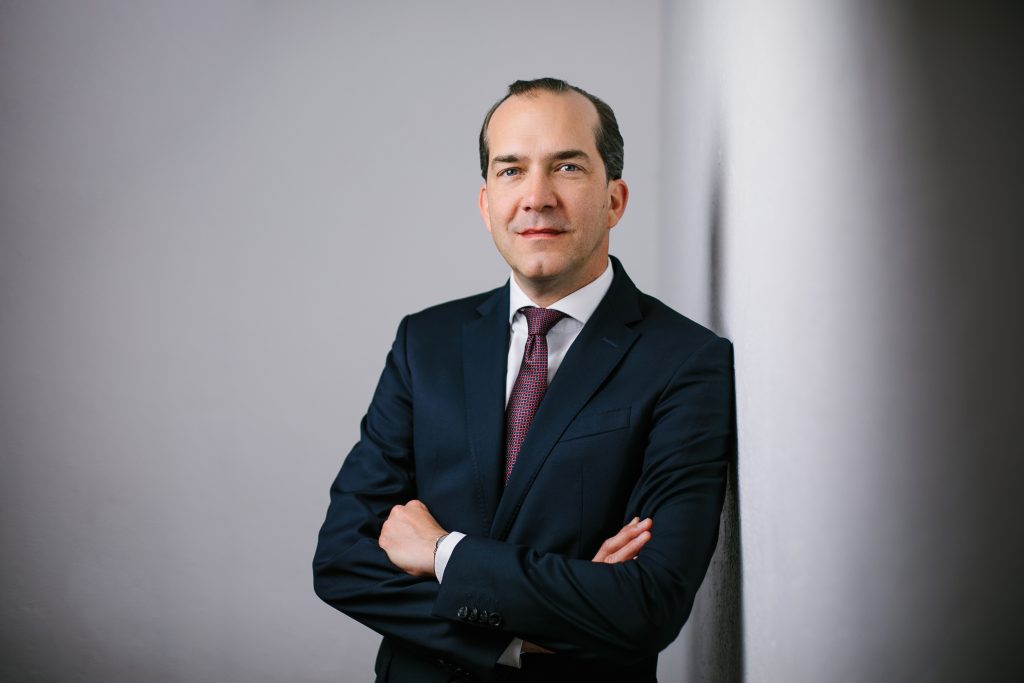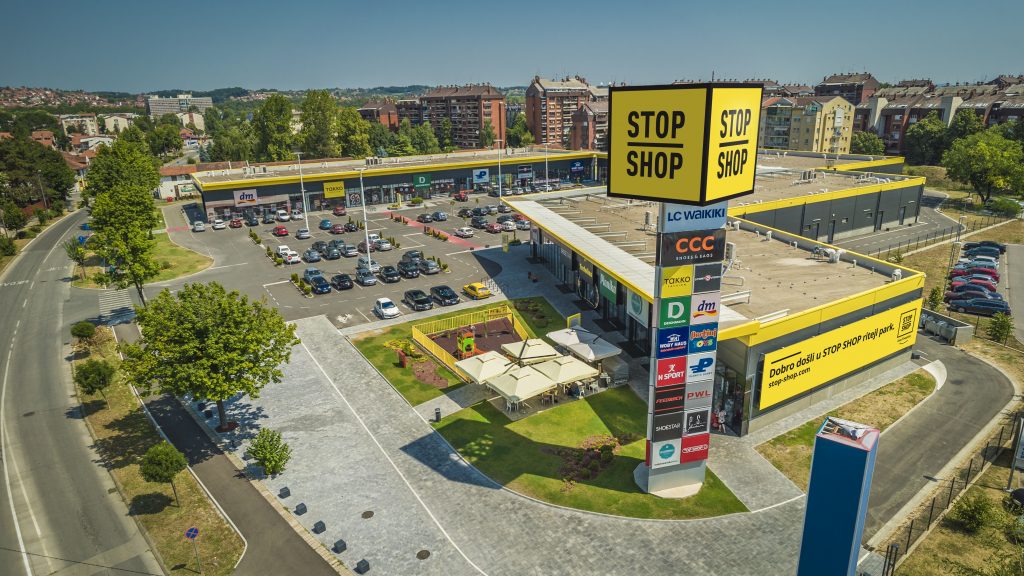IMMOFINANZ focuses on cost-effective formats
The crisis that has gripped the entire world over the past year has forced businesses to evolve and adapt to changes in a way they haven’t had to before. Retail sector was especially affected by the Covid-19 pandemic that initiated certain innovations, making safe distancing and subjective security play a greater role. In accordance with that, retail parks showed to have a decisive advantage, reflected in the fact that visitors can enter each shop directly from the parking areas and avoid added contact points. Also, since retail parks are mainly decentralized retail formats, it means they are often situated in more spacious environments.

This is why IMMOFINANZ’s STOP SHOP in Serbia remained a safe place for shopping and continues to handle the crisis successfully. Due to these conditions, the frequency of visitors in STOP SHOPs quickly returned to the pre-Corona levels, as people felt safer to keep the necessary distance during their shopping experience.
Cost-efficient and high-yielding format – how IMMOFINANZ became crisis-resilient
When it comes to handling the crisis in the retail business, the main factor which was particularly important so far, according to Gerald Grüll, Head of Retail at IMMOFINANZ – was the close contact with tenants. Since retail parks had to be able to act quickly and flexibly, active communication with all parties was one of the most important success factors to find solutions that would guaranty a sustainable business relationship.
IMMOFINANZ´s retail parks offer an extra important benefit for their tenants that helped them go well through the Covid-crisis: high standardization of STOP SHOPs allows low rental and operating costs for tenants and a focus on convenience products with a good value for money. “Consumers‘ rising price-consciousness during a difficult economic period lead to discounters in all branches having very favorable results. This is evident in the STOP SHOP portfolio, since it is focused on cost-effective formats and, consequently, is relatively crisis-resilient”, says Gerald Grüll.

Changing the focus of enhancements to the retail park facilities
In recent years, the strategy followed by many shopping centers has been to extend the time consumers spend in the center, says Grüll and adds that this objective was achieved by adding leisure and entertainment tenants. “Although this strategy was good, Corona made people avoid this form of social contact. The adaptation of gastronomy concepts to allow more distance and flexibility can, however, effectively counter this development”, explains Grüll.
But the solution is definitely not to develop larger facilities to increase distancing, says Grüll. “Investments are concentrating more on building services. We will put more attention to improving things like air quality and exchange and on increased hygiene standards. Other options include a more convenient customer journey or on-site rapid tests for Covid”.
When it comes to investments in retail parks, IMMOFINANZ – leading listed commercial real estate investor in Central and Eastern Europe, certainly remains open for new opportunities with its STOP SHOPs, since the company continues the expansion of its retail park brand in Serbia and has acquired new properties in Leskovac, Sabac, Sombor and Zajecar, so the Serbian STOP SHOP portfolio will now include 14 properties. Looking back on 2020 being a very challenging year due to the COVID-19 pandemic, STOP SHOP has proven to be a very successful business model.